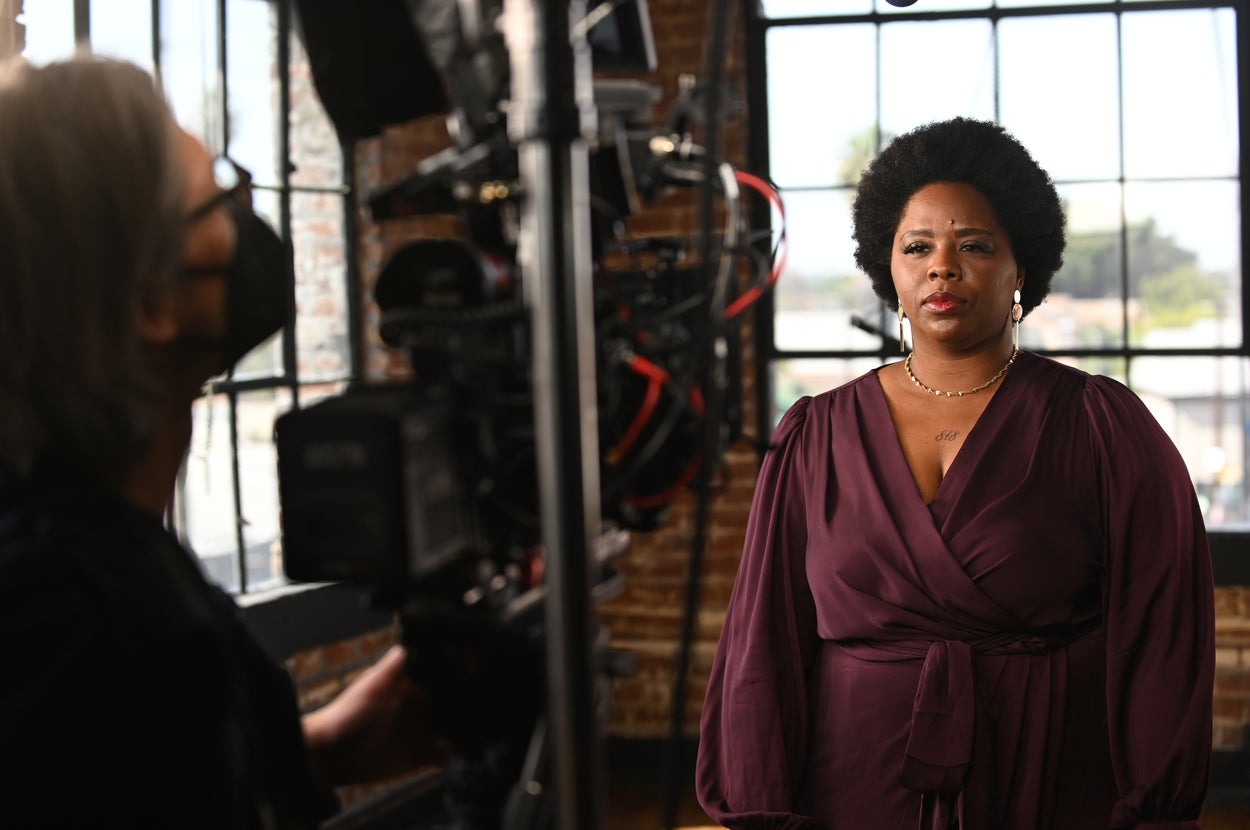In the early days of the new year, a series of tragic incidents unfolded in Los Angeles, drawing national attention to the longstanding issue of police violence, particularly against minority communities. On two separate occasions, Takar Smith, 45, and Oscar Sanchez, 35, were fatally shot by Los Angeles police officers. This pair of incidents alone provoked public outcry and demands for accountability and change within the Los Angeles Police Department. However, the police-involved death of Keenan Anderson, another Black man, further escalated tensions, highlighting the fears that many have about systemic racism and the excessive use of force in law enforcement.
Keenan Anderson, a 10th grade English teacher based in Washington, D.C., was visiting family in Los Angeles over winter break. His death occurred under circumstances that have since been fiercely scrutinized. Anderson was not just any individual caught in a fatal police encounter; he was also a cousin of Patrisse Cullors, a co-founder of the Black Lives Matter movement. This connection brought personal grief to Cullors and intensified the spotlight on his case.
Dr. Melina Abdullah, another co-founder of the Los Angeles chapter of Black Lives Matter, expressed her dismay and the personal toll the event took on those who knew Anderson. “When we first heard about Keenan Anderson, we were stunned that there was a third police killing [in 2023],” Abdullah told BuzzFeed News. “Then when Patrisse reached out and said, ‘that’s my cousin’, we were thrown completely off-kilter,” she added. This incident was not just another statistic or an abstract injustice for Abdullah and Cullors but a painful personal loss.
The death of Keenan Anderson was particularly poignant due to his professional and personal background. According to Madea Ashton, the founder of the Digital Pioneers Academy where Anderson taught, he was a respected and beloved figure in their educational community. The Academy’s website featured a heartfelt tribute to Anderson, reflecting the deep grief felt by students and faculty alike. “Our community is grieving,” Ashton wrote. “But we’re also angry. Angry that, once again, a known, loved, and respected member of our community is no longer with us. Angry that another talented, beautiful black soul is gone too soon.”
The outcry over these deaths reached the ears of public officials, prompting responses from local government leaders. Los Angeles Mayor Karen Bass publicly addressed the incidents, underscoring the urgency of reform in policing practices. In a statement, Mayor Bass declared her lack of tolerance for excessive force and called for a general reduction in the use of force by police. “The need for urgent change is clear,” she articulated, reflecting a sentiment echoed by many in and beyond the community.
The wave of deaths led to calls for significant changes at the top levels of the Los Angeles Police Department. Dr. Melina Abdullah explicitly called for the resignation of Police Chief Michel Moore, suggesting that effective leadership changes are essential for true reform. “We need to struggle for justice in the name of Keenan Anderson,” Abdullah emphasized, pointing to a broader fight against systemic injustice and accountability in law enforcement.
These events and reactions are set against the longer history of racial tension and police violence in the United States, where Black and Latino men are disproportionately likely to be killed by police. Each new incident rekindles debates over policy, training, community relations, and the very structure of American policing.
In the wake of these tragedies, communities and leaders are left to grapple with the complex legacy of race, fear, and violence that shapes American public life. They also confront the profound personal loss experienced by families and friends of those like Takar Smith, Oscar Sanchez, and Keenan Anderson. These individual tragedies echo through communities, uniting diverse groups in shared demands for justice and safety reforms that may prevent future losses.
The events of early 2023 in Los Angeles are a stark reminder of the challenges faced in reforming policing practices, addressing systemic racism, and building trust between law enforcement and the communities they serve. They highlight the ongoing national discourse on racial injustice and the unsolved problems that continue to exacerbate community-police relations. At the same time, the personal stories intertwined with public incidents emphasize that behind every statistic or headline is an individual and a community experiencing profound grief and seeking justice.









